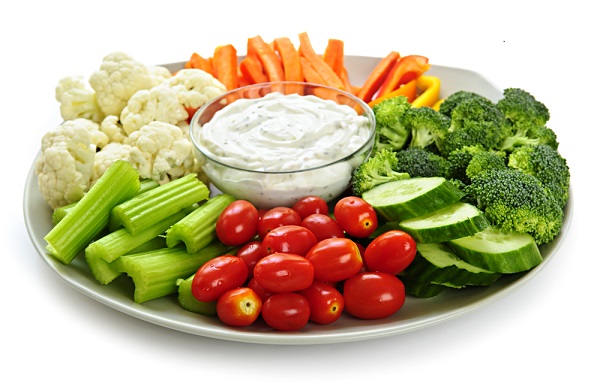The Mirror's Health , Lifestyle and Fashion

How are you eating during the lockdown?
Also people who are deemed vulnerable have to stay home and work. On a usual note, we all have restricted movement to a large extent since attendance to funerals, weddings and parties are shelved.
All the above points simply tell us that we are staying home more these days. Once you are home, you must eat. The question is, how are you eating?
Advertisement
The natural affinity to food will make you want to eat and take drinks that are available at home anytime you see them, thus opening your fridge means eating or drinking something at that moment. This is the case with many of us, our family and our friends. The fact is this only leads to overeating, which we all know will make people fat.
Not only that but it also increases chances of wrongly managing food related diseases such as high blood cholesterol, diabetes, among others, even to the extent that the risk of developing these conditions will be increased in many people.
There is, therefore, the need for us all to act smartly so that attempts to swerve COVID-19 will not rather land us in the den of lifestyle and food related diseases.
In the first place, be deliberate and decide to keep only healthy foods at home. Once you stock up on healthy foods, you are in a good position to eat well at home. Next thing to do now is the preparation of food the right way. Cook healthy meals and eating them will not bring you problems.

Also have well-defined meal times. The fact that you are home and food is available does not mean that you can eat at any time you like.
There should be a well-defined time for breakfast, lunch and supper. Once you stay by this, you will have much more power to avoid needless over-eating. There is the ability to manage hunger feelings or delay them until such good meal times are attained, so I suggest that you fix breakfast around 7.00 – 8.00 a.m., lunch around 12.00 noon and 1.00 p.m. and supper around 5.30 – 6.30 p.m. This requires some effort but it is worth doing.
It is also not easy to stay off snacks while you are home all day, but if not done well, your snacks will end up giving you energy as much as you should be getting from your main meals. This is a compelling reason why you will have too much food or energy entering your system; a recipe for illness. Perhaps the undesirable consequences should be a good reason to select very low energy foods as your snacks; for example, a small serving of fruit, not a full pack; one or two pieces of a dry kind of biscuits and not the very rich ones; salads without energy dense dressings; fresh fruits or home-made blended fruit drinks instead of the sugar sweetened drinks and light soup from dry fish or fat free meat filled with vegetables.
Let us not leave our children out of healthy meal choices. Unicef offers the following tips on healthy eating for children in times like this:
1. Keep up fruits and vegetables intake: Purchasing, storing and cooking fresh vegetables can be challenging in a lockdown, especially when parents are advised to limit trips outside of the home. But wherever possible, it is important to ensure children are still getting plenty of fruits and vegetables in their diet.
2. Build up a stock of healthy snacks: Children often need to eat a snack or two during the day to keep them going. Rather than giving children sweets or salty snacks, opt for healthier options such as nuts, yoghurt (preferably unsweetened), chopped or dried fruits, boiled eggs, among others. These foods are nutritious, more filling and help build healthy eating habits that last a lifetime.

3. Limit highly processed foods: While using fresh produce may not always be possible, try to limit the amount of highly processed foods in your shopping basket. Ready-to-eat meals, packaged snacks and desserts are often high in saturated fat, sugars and salt. If you do purchase processed foods, look at the label and try to choose healthier options containing less of these substances. Try to also avoid sugary drinks and instead drink lots of water. Adding fruits or vegetables such as lemon, lime, cucumber slices or berries to water is a great way to add an extra twist of flavour.
4. Make cooking and eating fun and a meaningful part of your family routine: Cooking and eating together is a great way to create healthy routines, strengthen family bonds and have fun. Wherever you can, involve your children in food preparation. Small children can help with washing or sorting food items while older children can take on more complex tasks and help to set the table.
Read more at www.letsabooks.com
• The writer is a Dietician at the Trust Hospital and author of the following books;
1. Be your own dietician – Vol. 1
2. Eating to prevent and manage lifestyle diseases.
3. LIVE LONG by eating well – Vol. 1
Contact 0244090262 for copies.




